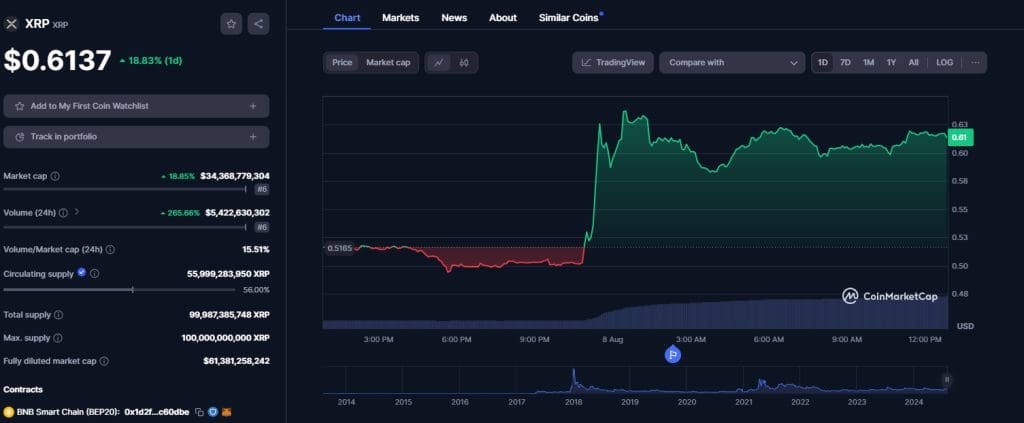The IMF and El Salvador Close to an Agreement on Bitcoin!
The International Monetary Fund (IMF) and El Salvador are progressing toward an agreement to mitigate risks related to the adoption of Bitcoin as legal tender. These talks, focused on strengthening public finances and financial stability, could lead to an IMF-supported program.
Towards a Consensus on Bitcoin Regulation
The discussions between the IMF and Salvadoran authorities revolve around policies aimed at consolidating the country’s public finances.
According to an IMF statement, “Progress has been made in negotiations towards an IMF-supported program, focused on policies to strengthen public finances, increase bank reserves, improve governance and transparency, and mitigate risks associated with Bitcoin.”
The negotiations are focused on several key areas. Firstly, improving public finances with an ambitious target of increasing the primary balance by 3.5% of GDP over three years.
Secondly, strengthening bank reserves to ensure the stability of the financial system. Finally, improving governance and transparency, specifically regarding the use of Bitcoin.
The IMF acknowledges that the potential risks associated with Bitcoin “have not yet materialized.” However, the institution maintains its reservations about the use of BTC as legal tender. It emphasizes the need for further efforts to “improve transparency and mitigate potential risks.”
El Salvador’s Commitment to Bitcoin
Since the adoption of Bitcoin as legal tender in 2021 by President Nayib Bukele, El Salvador has pursued an aggressive accumulation strategy. According to the official tracking system, the country currently holds 5,834 bitcoins, valued at approximately $323 million. However, rumors suggest that these reserves could be much larger.
Despite the warnings from the IMF, El Salvador maintains its pro-Bitcoin strategy. The country continues to purchase 1 BTC daily, even during market downturns. The “Bitcoin City” project, a city entirely dedicated to crypto, remains current and symbolizes the government’s strong commitment to this technology.
The adoption of Bitcoin by the population appears to be progressing, with 12% of Salvadorans reporting using it for their daily purchases in 2023. Although this figure is modest, it indicates a certain degree of adoption of crypto by the citizens.





